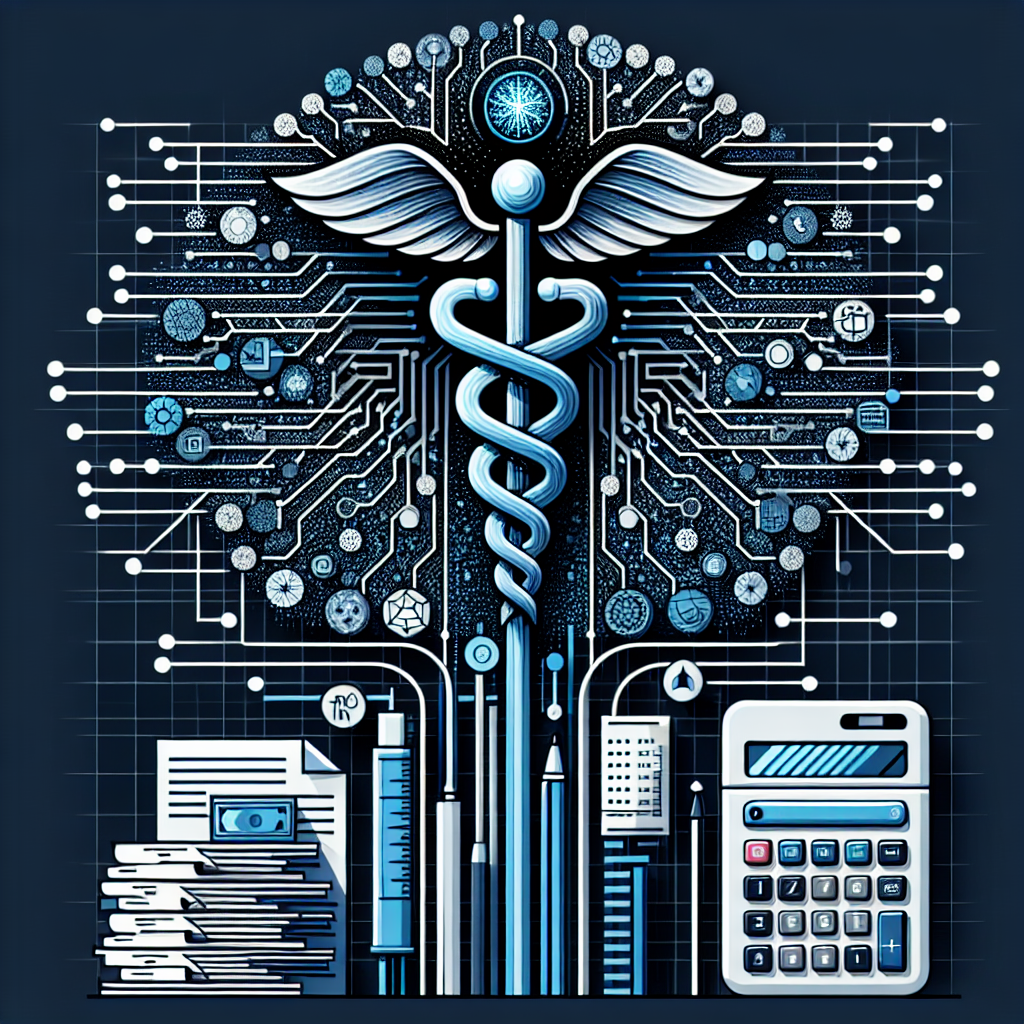Artificial Intelligence (AI) has been making significant advancements in various industries, including healthcare. One area where AI is making a big impact is in healthcare billing. Healthcare billing is a complex process that involves submitting claims to insurance companies, processing payments, and handling any denials or rejections. With the help of AI, healthcare organizations can streamline their billing processes, reduce errors, and improve overall efficiency.
One of the main ways that AI is being used in healthcare billing is through automation. AI-powered software can automatically generate and submit claims to insurance companies, reducing the need for manual data entry and speeding up the billing process. This not only saves time and resources for healthcare organizations, but also helps to reduce the likelihood of errors in billing.
AI can also be used to analyze billing data and identify patterns or trends that can help healthcare organizations improve their billing processes. For example, AI algorithms can analyze claims data to identify common reasons for denials or rejections, allowing organizations to address these issues and improve their billing accuracy.
Another way that AI is transforming healthcare billing is through predictive analytics. By analyzing large amounts of billing data, AI algorithms can predict which claims are likely to be denied or rejected, allowing organizations to proactively address these issues before submitting the claims. This can help healthcare organizations reduce the number of denied claims and improve their overall revenue cycle management.
In addition to automation and predictive analytics, AI is also being used to improve the patient billing experience. AI-powered chatbots can assist patients with billing questions or concerns, providing quick and accurate responses to common inquiries. This can help to reduce the burden on healthcare staff and improve patient satisfaction with the billing process.
Overall, AI is revolutionizing healthcare billing by streamlining processes, reducing errors, and improving efficiency. As AI technology continues to advance, we can expect to see even more innovations in healthcare billing that will benefit both healthcare organizations and patients.
FAQs:
Q: How can AI help healthcare organizations improve their billing processes?
A: AI can help healthcare organizations improve their billing processes by automating tasks, analyzing billing data, and predicting which claims are likely to be denied or rejected. This can help organizations reduce errors, streamline processes, and improve overall efficiency.
Q: Can AI help reduce the number of denied claims?
A: Yes, AI-powered predictive analytics can help healthcare organizations identify which claims are likely to be denied or rejected, allowing them to proactively address these issues before submitting the claims. This can help reduce the number of denied claims and improve revenue cycle management.
Q: How can AI improve the patient billing experience?
A: AI-powered chatbots can assist patients with billing questions or concerns, providing quick and accurate responses to common inquiries. This can help reduce the burden on healthcare staff and improve patient satisfaction with the billing process.
Q: What are some of the challenges of implementing AI in healthcare billing?
A: Some of the challenges of implementing AI in healthcare billing include data security concerns, the cost of implementing AI technology, and the need for staff training. However, the benefits of AI in healthcare billing far outweigh these challenges, as AI can help improve efficiency, reduce errors, and enhance the patient billing experience.

